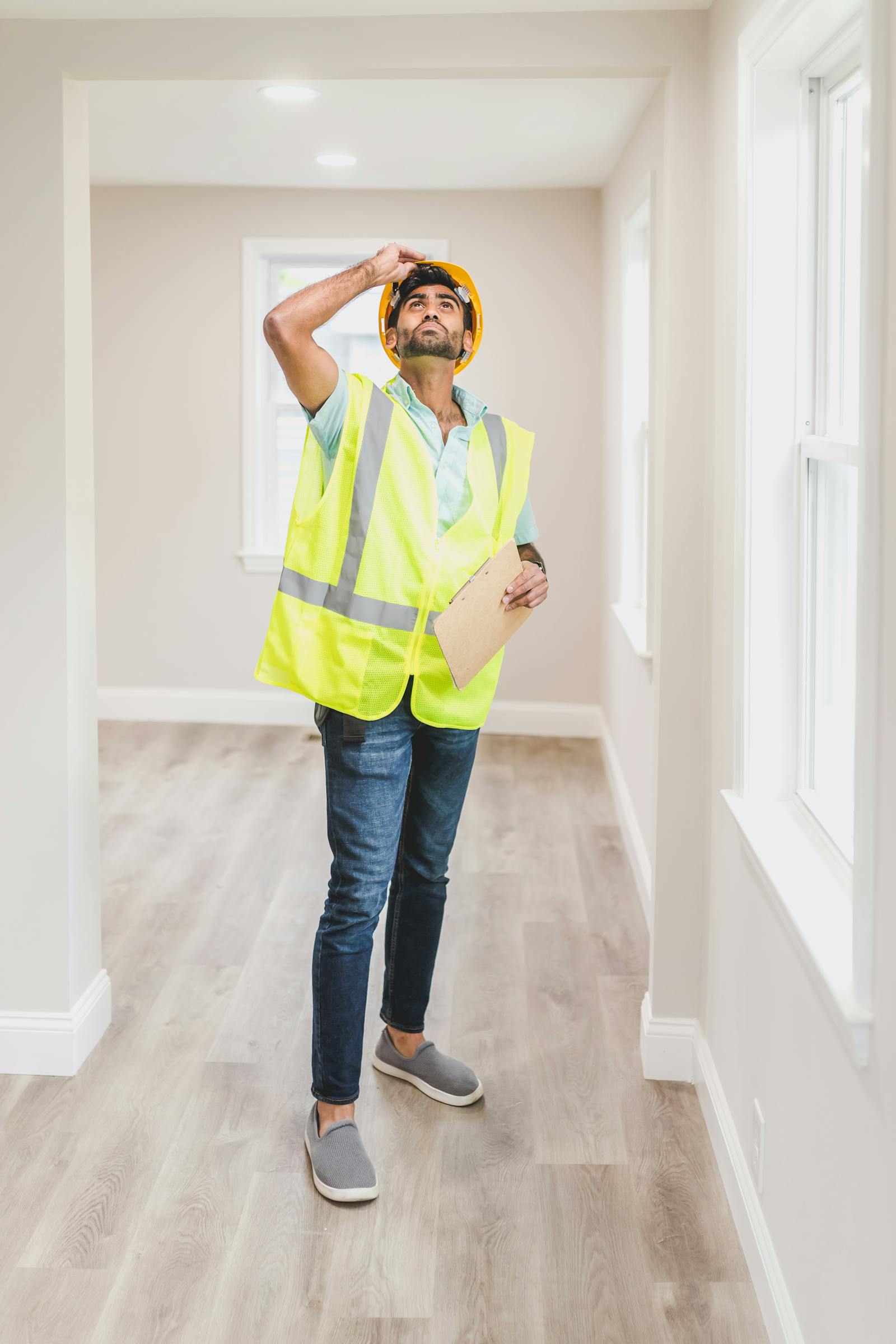Selling your home can be an exciting yet stressful process, and one crucial step in the journey is the home inspection. For many buyers, the inspection report can be a make-or-break moment that influences their decision to move forward with the purchase. As a seller, being well-prepared for this inspection is key to ensuring a smooth transaction. Here’s how you can prepare for a home inspection and set yourself up for success.
1. Understand the Importance of a Home Inspection
A home inspection is a thorough evaluation of your property conducted by a professional inspector, usually hired by the buyer. The inspector will assess the condition of the home’s major systems and structure, including the roof, foundation, plumbing, electrical, heating and cooling systems, and more. The purpose of this inspection is to identify any existing or potential issues that could affect the home’s value or the buyer’s safety.
2. Declutter and Clean Your Home
Before the inspection, take the time to declutter and thoroughly clean your home. A clean and organized space not only makes a positive impression but also allows the inspector easy access to all areas of the home.
Clear Access to Key Areas: Ensure that the inspector can easily access the attic, basement, crawl spaces, electrical panels, furnace, and water heater. Remove any obstacles or stored items that might block these areas.
Tidy Up the Yard: Trim bushes, cut the grass, and clear any debris from the yard. Make sure that outdoor structures, like sheds or decks, are also clean and accessible.
3. Address Minor Repairs
Minor repairs can add up, and even small issues can make a big impact on the inspection report. Take the time to fix any small problems around the house:
Leaky Faucets: Fix any dripping faucets or running toilets.
Squeaky Doors: Lubricate squeaky hinges and ensure all doors close properly.
Burned-Out Bulbs: Replace any burned-out light bulbs to ensure all fixtures are working.
Cracks in Walls: Patch up small cracks in walls or ceilings, and touch up paint where necessary.
Loose Handrails: Tighten any loose handrails on stairs or porches.
4. Take Care of Major Repairs in Advance
If you’re aware of any significant issues with your home, such as a leaky roof, outdated electrical wiring, or foundation cracks, it’s wise to address these before the inspection. While this may involve a larger upfront cost, it can prevent more substantial negotiations or even the potential loss of a sale down the line.
Roof Repairs: If your roof has leaks, missing shingles, or other issues, consider having it repaired or replaced before the inspection.
HVAC Maintenance: Have your heating and cooling systems serviced by a professional to ensure they are in good working order.
Plumbing and Electrical: Fix any known plumbing leaks, and ensure your electrical system is up to code, with no exposed wires or faulty outlets.
5. Provide Documentation for Repairs and Maintenance
Gather all documentation related to repairs and maintenance you’ve completed on the home. This could include receipts for roof repairs, HVAC servicing, or appliance warranties. Providing this documentation to the inspector and buyer shows that you’ve taken good care of the property, which can help build trust and reduce concerns.
6. Check and Test All Safety Features
Ensure that all safety features in your home are functioning properly:
Smoke and Carbon Monoxide Detectors: Test all smoke and carbon monoxide detectors to make sure they are working correctly. Replace batteries if needed.
Fire Extinguishers: Ensure that fire extinguishers are easily accessible and up to date.
GFCI Outlets: Test ground fault circuit interrupter (GFCI) outlets in kitchens, bathrooms, and outdoor areas to ensure they are functioning correctly.
7. Make Necessary Utility Arrangements
Ensure that all utilities (electricity, gas, water) are turned on and working during the inspection. This allows the inspector to fully evaluate the property’s systems.
Pilot Lights: Make sure pilot lights are lit in the furnace, water heater, and gas fireplaces so that these systems can be tested.
Appliance Access: Ensure that built-in appliances, like dishwashers, ovens, and microwaves, are connected and functioning.
8. Prepare for the Inspector’s Arrival
On the day of the inspection, make it easy for the inspector to do their job:
Provide Keys or Access Codes: If any areas of your home require a key or code to access, such as a locked shed or gated area, provide these to the inspector.
Leave the Property: It’s generally recommended that sellers leave the home during the inspection to allow the inspector to work without interruptions. If you have pets, take them with you or ensure they are secured.
9. Be Ready for Follow-Up Negotiations
Even with thorough preparation, the inspection may reveal issues that need to be addressed. Be prepared for follow-up negotiations with the buyer. They may request repairs, a price reduction, or a credit at closing. Approach these negotiations with an open mind and a willingness to compromise to keep the sale on track.
Conclusion
Preparing for a home inspection as a seller is about more than just fixing what’s broken; it’s about presenting your home in the best possible light. By taking the time to clean, make repairs, and ensure everything is in good working order, you can reduce the likelihood of surprises during the inspection and make the selling process smoother for everyone involved. A well-prepared home not only makes a positive impression on the buyer but also helps to avoid delays and complications in the closing process.
Take these steps to ensure your home inspection goes off without a hitch, and you’ll be one step closer to successfully selling your home.


